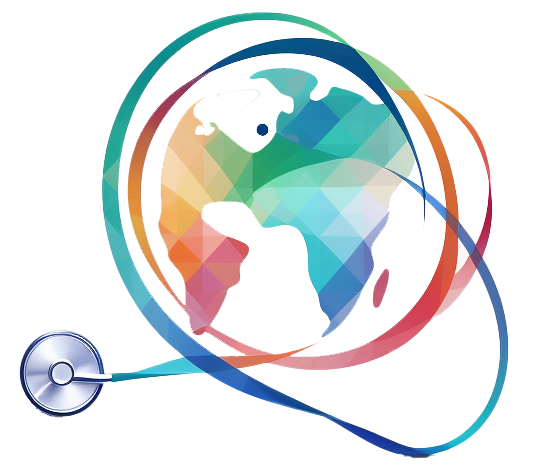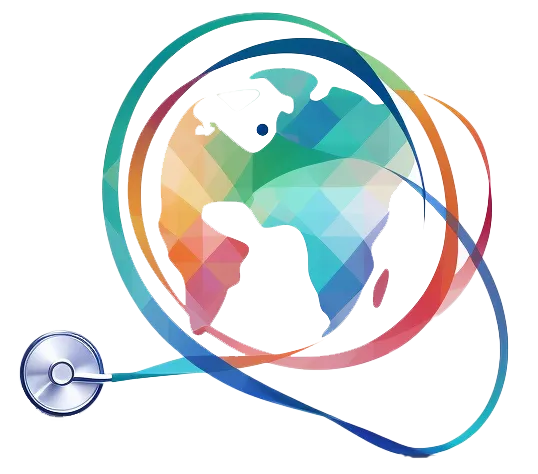The heart, as a symbol of life and vitality, underscores the universality of human experience. Cardiology, dedicated to understanding and treating heart diseases, has inevitably become an area of medicine that transcends borders. In the age of globalization, international cardiology has emerged as a game-changer, ensuring that cardiac care is accessible and advanced, irrespective of geographic boundaries. This article delves into the transformative impact of international cardiology and how it is giving a renewed lease on life to countless individuals.
The Global Network: Sharing Knowledge and Expertise
Medical advancements are no longer isolated within the confines of one country. Today, there’s an unprecedented exchange of knowledge and skills.
Facets of Knowledge Transfer
- Collaborative Research: Cardiologists from various countries collaborate on research projects, pooling their expertise to make breakthrough discoveries.
- Shared Protocols: Best practices from one region can be swiftly adopted in another, ensuring uniformity in care quality.
- Training and Fellowships: Young doctors often pursue international fellowships, bringing back novel techniques and insights to their home countries.
Medical Tourism: Making Quality Cardiac Care Accessible
For many, accessing top-tier cardiac care in their home country might be economically prohibitive. Medical tourism in cardiology bridges this gap.
Pillars of Cardiac Medical Tourism
- Affordability: Patients often find treatments at a fraction of the cost, without compromising on quality.
- Advanced Technology: Medical tourists have access to cutting-edge technology and treatments, sometimes even before they are available in their home countries.
- Holistic Care Packages: Beyond the medical procedure, many international hospitals offer comprehensive care packages including rehabilitation and recuperative holidays.
Global Health Initiatives: Addressing Cardiac Care Disparities
Several global health bodies and NGOs have recognized the need to address disparities in cardiac care, especially in low and middle-income countries.
Impactful Initiatives
- Mobile Clinics: Bringing cardiac care to remote areas, these clinics offer diagnostics and basic treatments.
- Training Programs: International experts conduct training sessions for local healthcare professionals, elevating the standard of care.
- Awareness Campaigns: Global initiatives that raise awareness about heart health, prevention, and early detection, especially in regions where cardiac diseases are rampant.
Technology and Telemedicine: Bridging Distances
The digital age has been instrumental in erasing geographical challenges, especially beneficial for patients in regions without advanced cardiac care facilities.
Digital Advancements in Cardiology
- Remote Consultations: Patients can consult top cardiologists from around the world without leaving their homes.
- Digital Diagnostics: Wearable devices and mobile apps can monitor heart health, with data easily shared with international experts.
- Virtual Follow-ups: Post-procedure care and guidance can be delivered remotely, ensuring continuity of care.
Conclusion
“Hearts Without Borders” is more than just a phrase; it encapsulates the ethos of modern cardiology. In a world where heart diseases remain one of the leading causes of mortality, international cardiology stands as a beacon of hope. It is a testament to the medical community’s commitment to saving lives, unbounded by geographies, ensuring that every heart beats strong and healthy.

